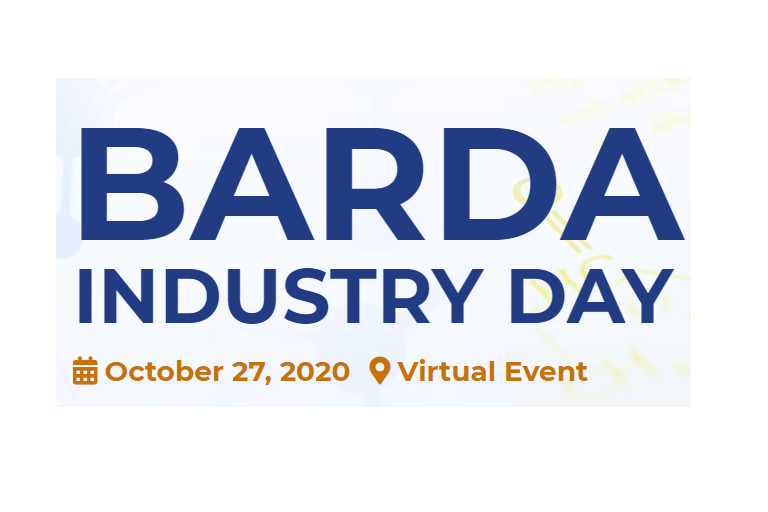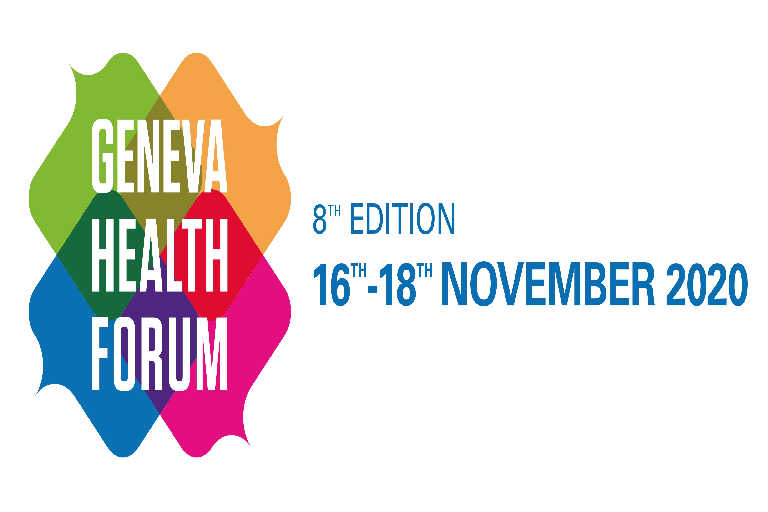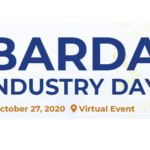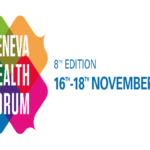Getting used to a new EHR system is hard work. Whether it’s your first, second, or even third software package, there is always a lot to learn. Optimizing your EHR to meet your individual practice’s needs takes time, patience, and someone to keep a close eye on problem areas and user frustrations. Conducting a formalized post-implementation assessment is the best way to identify what’s going well and what needs work, whether it’s an end user issue or a software problem. Here are some of the top things to watch for when making your rounds as an optimization inspector.
How well is your staff working together?
EHR use isn’t all about the MDs. Nurses and physician assistants access patient charts far more frequently than physicians, and mid-level providers are often the heaviest users of the EHR system. Do your nurses feel properly trained and comfortable with the software? Are they incorporating work-arounds to skip annoying or frustrating tasks? Are these shortcuts affecting the patient’s safety or the quality of your standardized data?
Nurses and physicians need to be on the same page when it comes to where clinical data is located within the EHR so things like allergies, test results, and medications don’t get lost in the shuffle. If one user is dumping all this information into an unstructured note, but the other is looking for it in a template, you are going to run into problems that could put patients at risk. Make sure everyone is trained on how to structure critical data – and make sure that everyone is using these fields appropriately.
Educate with an eye towards personalization
Every staff member has his or her own way of organizing information, and his or her own way of learning new skills. A large practice or hospital might not be able to invest in one-on-one education for every single user, and there are limits to how much customization you can afford before the data becomes too fragmented. But putting everyone in the same room and running through a PowerPoint isn’t going to help each member of your staff work to their highest level, nor will it help you get the most out of your software investment.
Training will be an ongoing process, even after bringing the system online. During your post-implementation rounds, pay attention to who is struggling with what aspects of the EHR, and try to address their needs on an individual basis. Recognize that there are multiple approaches to completing the same task, and take a few moments to demonstrate an efficient shortcut or new feature without being condescending or judgmental. Not only will you solve specific problems, but you will help an exasperated clinician cultivate a more positive attitude towards changing his workflow simply by listening to his complaints.
Anticipate the learning curve
Rome wasn’t built in a day, and people don’t become instantly comfortable with something as disruptive as EHR technology. There will be a learning curve, and there will be changes to your ideal rules and workflows. There might be resistance; there might be disgruntlement and pushback. Optimization is about making your software work for your specialty, your business culture, and your specific staff, and that doesn’t happen with the push of a button.
While you don’t want clinicians to get comfortable with dangerous shortcuts or sloppy documentation, you should try to cut people a little bit of slack during the first few weeks or months of the learning period. EHRs are difficult even for the most technologically-savvy clinician, and every system needs work before your practice can achieve your productivity goals. If you develop a thorough plan for EHR adoption and follow up with a comprehensive post-implementation assessment, you will be able to successfully navigate the challenges that lie ahead. Source






























